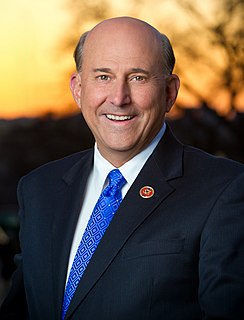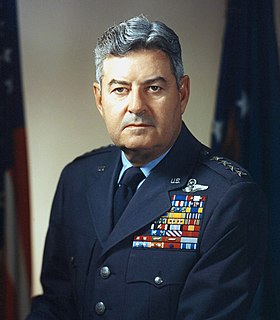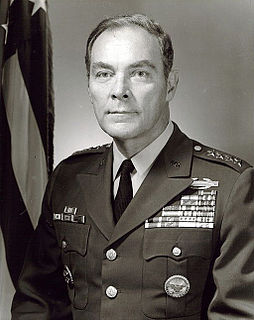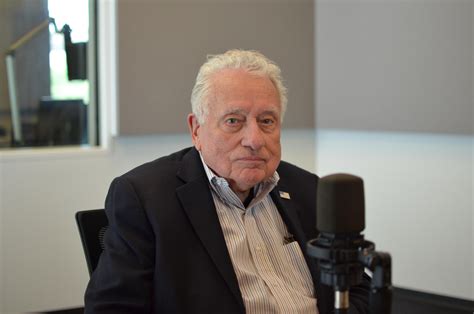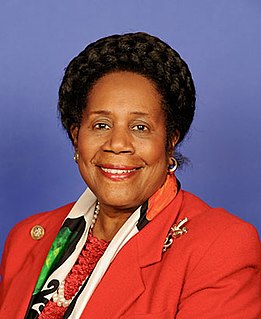A Quote by Bianca Jagger
Look at what President Kennedy managed to achieve during the Cuban missile crisis. If Bush had been president in 1962, do you think he would have avoided a nuclear war?
Related Quotes
You [President Kennedy] have made some pretty strong statements about their being defensive and that we would take action against offensive weapons. I think that a blockade and political talk would be considered by a lot of our friends and neutrals as being a pretty weak response to this [the Cuban missile crisis]. And I'm sure a lot of our own citizens would feel that way too. In other words, you're in a pretty bad fix at the present time.
You know, it's very clear, as one looks back on history again of the Cold War that, following the crisis in Cuba, following the Khrushchev - beating down of Jack Kennedy in Vienna, that President Kennedy believed that we had to join the battle for the Third World, and the next crisis that developed in that regards was Vietnam.
Political analysts say that President Bush's re-election strategy is to try and convince Americans that he's a war president. I don't get that, do you think that'll work? I mean, don't you think that if he tries to convince the American people that we need a war president, isn't he afraid that they're going to vote for the guy that was actually in a war?
You know, I am not a particular Kennedy apologist or an awed fan - I was 12 when he was murdered - but I have discussed Kennedy with historians. For his incredibly short tenure, he was a very important president. Many put him in the second tier, below the big three and surrounded by Truman and Eisenhower. Kennedy moved our soul. Changed our thinking about service and governance. And won big in the greatest nuclear crisis of the Cold War.
Every president inherits difficult problems. George W. Bush inherited eight years of a failed foreign policy and did nothing about the growing threat of Islamic terrorism, except a one-time lob of a cruise missile into the desert at a camp that had long been abandoned. George Bush inherited that, and 9-11 was the result of that. Every president inherits problems. Harry Truman inherited a war. Stop blaming the person before you and go forward and take leadership and deal with the problem.


